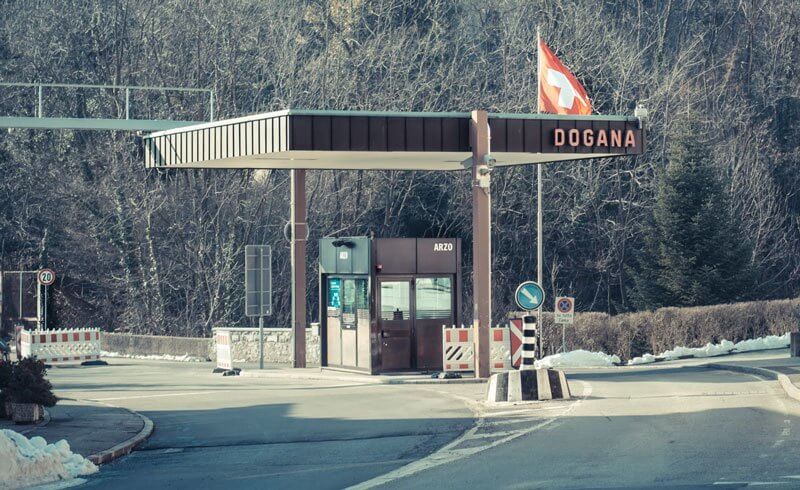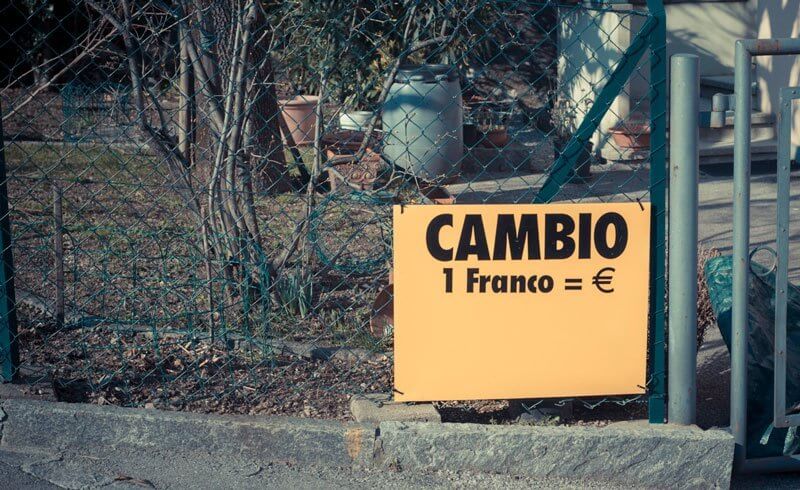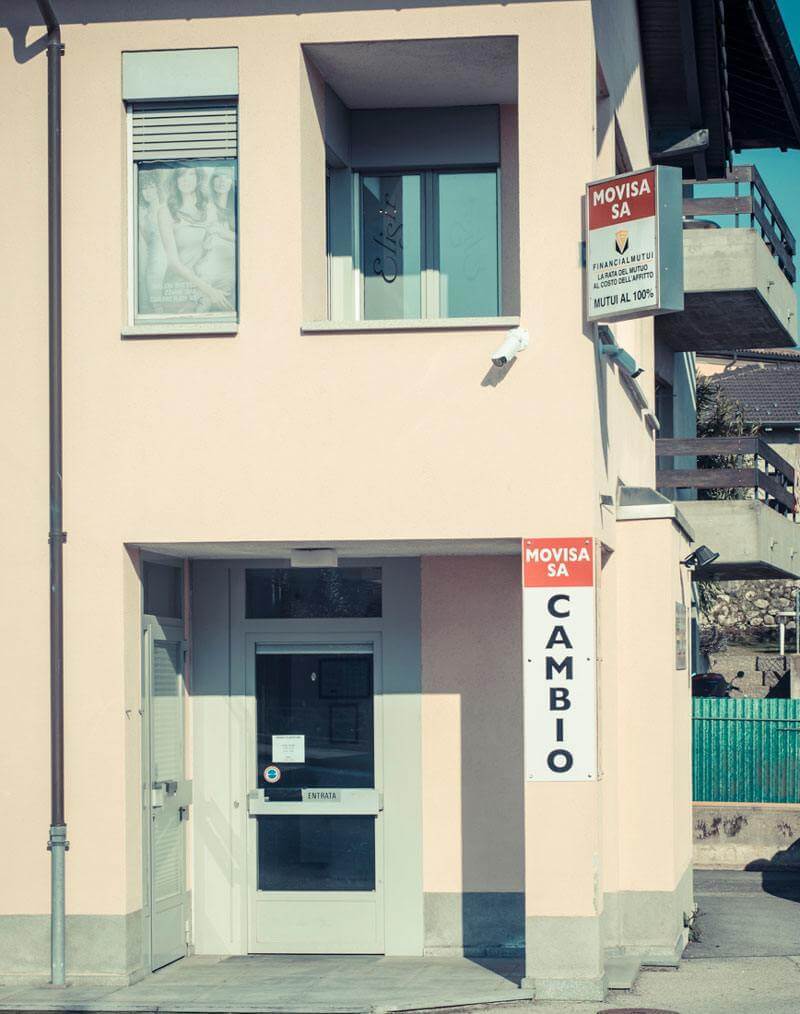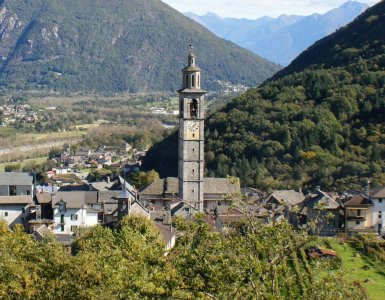I have never been one to watch the world markets even though I studied economics many years ago.
The theoretical price of commodities, businesses and currencies has never really been of interest to me. But with our recent move to Switzerland, living within sight of the Italian border, currency and exchange rates are a game that we have started to play.
At the beginning, it was just a matter of keeping the two currencies apart. "Euros or francs?" was the most pressing question when leaving the house. The shock of the price of shopping in Switzerland placated by the amazement of how cheap life can be in Italy.
That is the joy of capitalism, right? The ability to choose as a consumer where you spend your money.
Changing Times
It was not until the Swiss Central Bank removed the peg on the exchange rate with the currency that this theoretical value put onto a monetary system came crashing to reality. The initial joy that we were on the "right side" of the deal slowly subsided as the economic impact was felt.
Straight away, petrol stations on the border were hit, not taking the euro for payment anymore. The previous constant influx of Italians coming to take advantage of cheaper fuel stopped. A local outlet shopping centre fell silent.
And as for the Swiss supermarkets on the border, well, they just cannnot compete and are noticeably quieter as I pass them.
Whether the removal of the peg is a good or a bad thing for the wider Swiss economy, I cannot predict. But feeling the impact here on the border already, it could mean tough times are ahead. For those who work in business focused on exporting goods, tough times are guaranteed. The company my boyfriend works for has already spoken about reducing wages to stay competitive.
Euros, francs? Francs, euros? It has been a question which suddenly has become central to the lives of many of us who live and work in southern Ticino.








Add comment